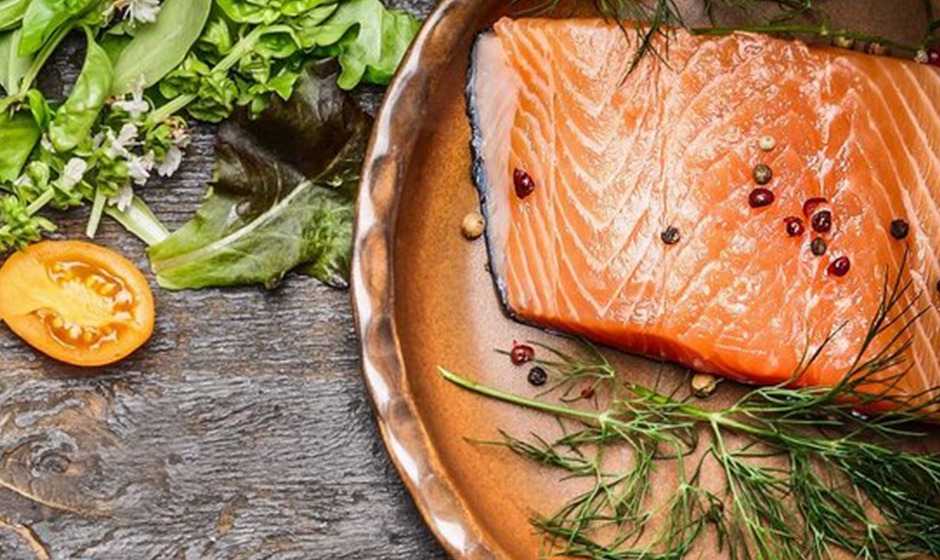Protein is one of the most critically important nutrients in our diets. It goes along with carbohydrates and fats to form part of your essential daily diet. Protein is considered a macro nutrient, while Vitamins and minerals are micro nutrients. These along with water for hydration form a complete diet.
The science
Proteins need to be obtained from outside sources, such as eggs, in order to gain ‘essential amino acids’. These are amino acids which the body cannot manufacture on its own. They are large complex molecules that do most of the work in cells, Amino acids are their smaller base unit. They are required for structure of the body, and control and adjust body tissues and organs.
Here is some science on how genes direct the production of proteins, note that these are non-essential proteins, those that the body can produce. Genes create proteins in a long process that is well regulated within cells. The process requires two major steps transcription and translation; these are described together as gene expressions. You can read more about it here.
Here are some functions of proteins:
- Antibody: They bind to particles such as bacteria to protect the body. An example is Immunoglobulin G
- Structural component: They provide structure for cells, and support them. These are so important that they allow the body to move. An example is Actin
- Transport: They bind to atoms and other small molecules inside cells and take them throughout the body. An example is Ferritin
You can get the complete article here
Proteins were first described by the Dutch chemist Gerardus Johannes Mudler. He carried out an elemental analysis and found that all of the molecules had the same formula, he came to a mistaken conclusion regarding the molecule but nonetheless is the first to be attributed to tracing proteins. Jöns Jacob Berzelius of Sweden named the molecule Protein.
The protein boom
According to a Washington post article Protein has been linked to weight loss, it helps you make gains to strength and for older members of the community it prevents age related muscle loss. Protein builds lean muscle mass and makes you feel full preventing further consumption and thus potential weight gain.
The food and nutrition industry has been going nuts to meet the demand seen over the past years. Upping and promoting protein rich food, coupled with high protein supplements. Check a products nutrition value panel (usually on the back) for its protein content. According to the same Washington post article an item is considered a good source if it has 5 grams per serving, while an excellent source is 10 grams.
The most popular supplement is Whey protein which is soluble and can be mixed with your drink or with milk. Optimum Nutrition Gold Standard 100% Whey for example has 24grams of protein per serving.
You need 0.8 grams of protein per kilo of body weight. Athletes and people with health issues will need more. Some good sources of proteins in foods are Almonds, Chicken (breast), Oats, Greek Yoghurt, Milk and Tuna. Protein does a lot of good, and we have given you enough to fuel your own proteins needs, make sure to check back for part 2 for the bad.


